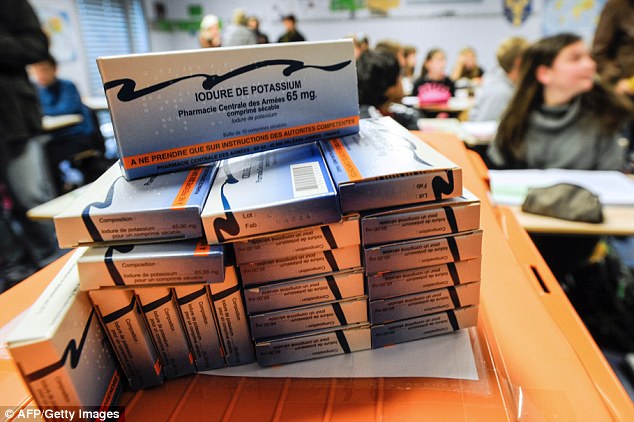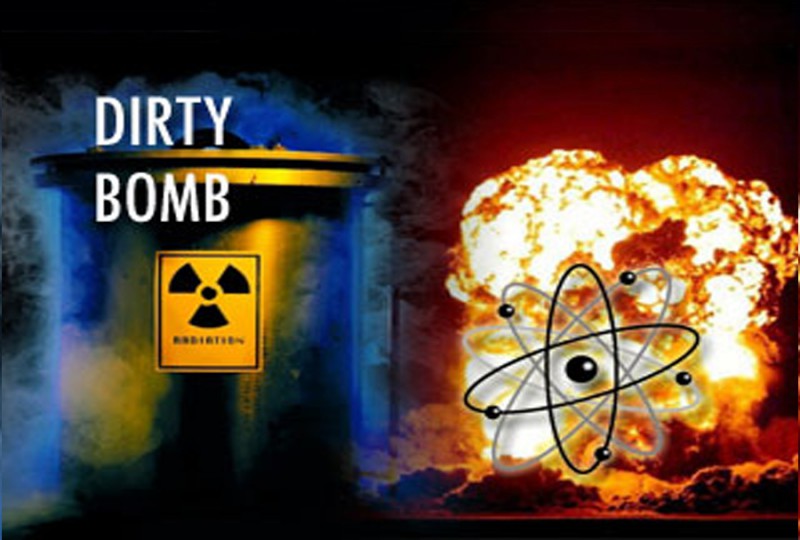skip to main |
skip to sidebar

UK Telegraph (h/t Susan K)
Iodine pills, which help reduce radiation build-up in the thyroid
gland, had previously only been issued to people living within 20km (14
miles) of the Tihange and Doel nuclear plants.

Maggie De Block, the Health Minister,
said that would be extended to 100km, covering the whole country of 11
million people, following advice from an expert council.
The pills will be sent to pharmacies,
and the public would be ordered to collect their ration in the event of a
meltdown. Children, pregnant women and those breast-feeding would be
given priority.
It emerged following last month’s terrorist attacks that an Isil cell may have been plotting to kidnap a nuclear expert in order to build a “dirty bomb”. Eleven nuclear workers had their passes revoked.
Ibrahim and Khalid el-Bakraoui, the brothers behind the suicide strikes on Brussels airport and Metro, are believed to have been involve the plot to scatter radioactive material over a populated area.
A senior Belgian nuclear industry
official was secretly filmed by jihadists late last year, according to
the country’s nuclear authority, and the brothers were linked to the
surveillance.

The key figure in the suspected dirty
bomb plot is Mohammed Bakkali, 28, from Brussels, who was arrested in
November on suspicion of helping to plan the Paris massacre.
Police raided his wife’s flat and
found a ten-hour video taken by a camera hidden opposite the home of an
executive at the Centre for the Study of Nuclear Energy in Mol, northern
Belgium. The executive had access to radioactive isotopes at the
country’s national nuclear research centre.
There
are also concerns over Belgium’s ageing nuclear plants that have been
subject to repeated safety warnings, including defects in pressure
vessels and fires.









































No comments:
Post a Comment